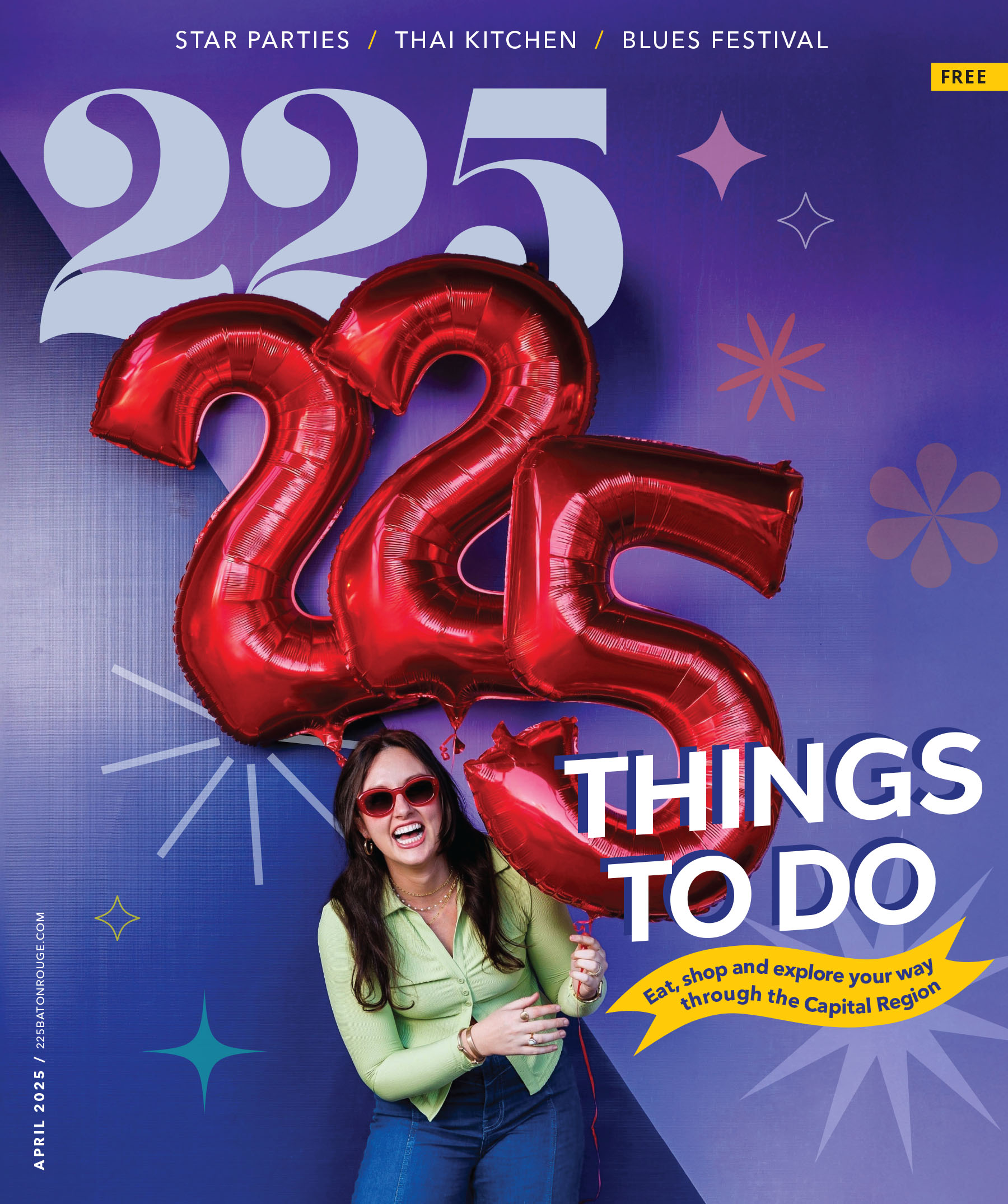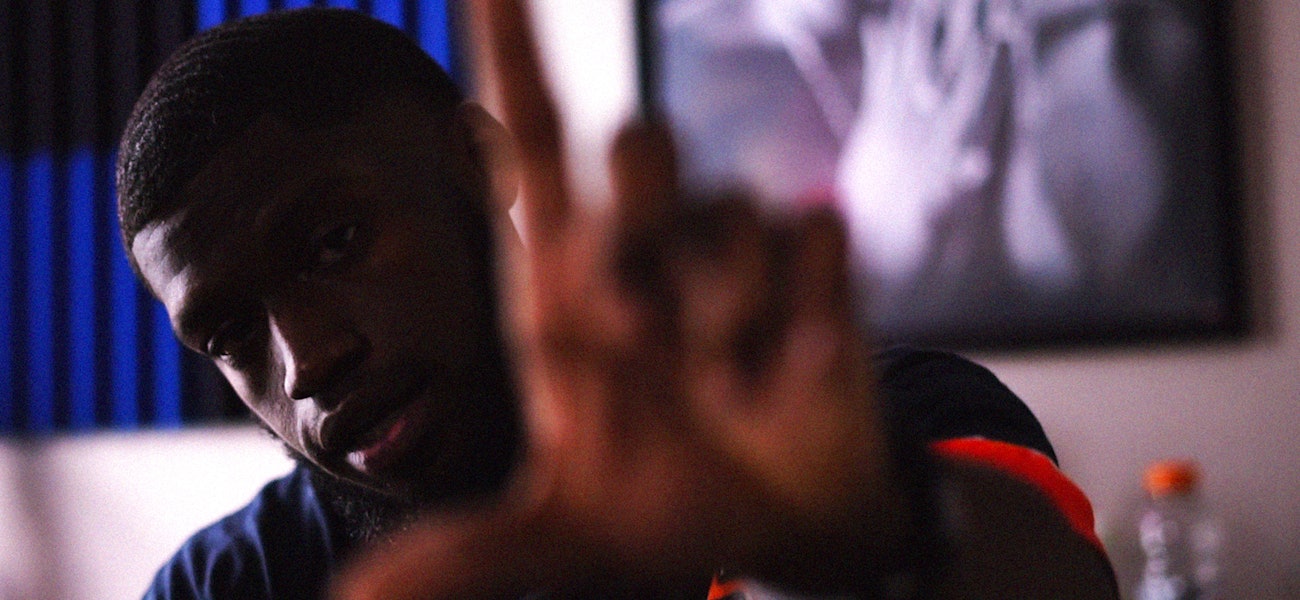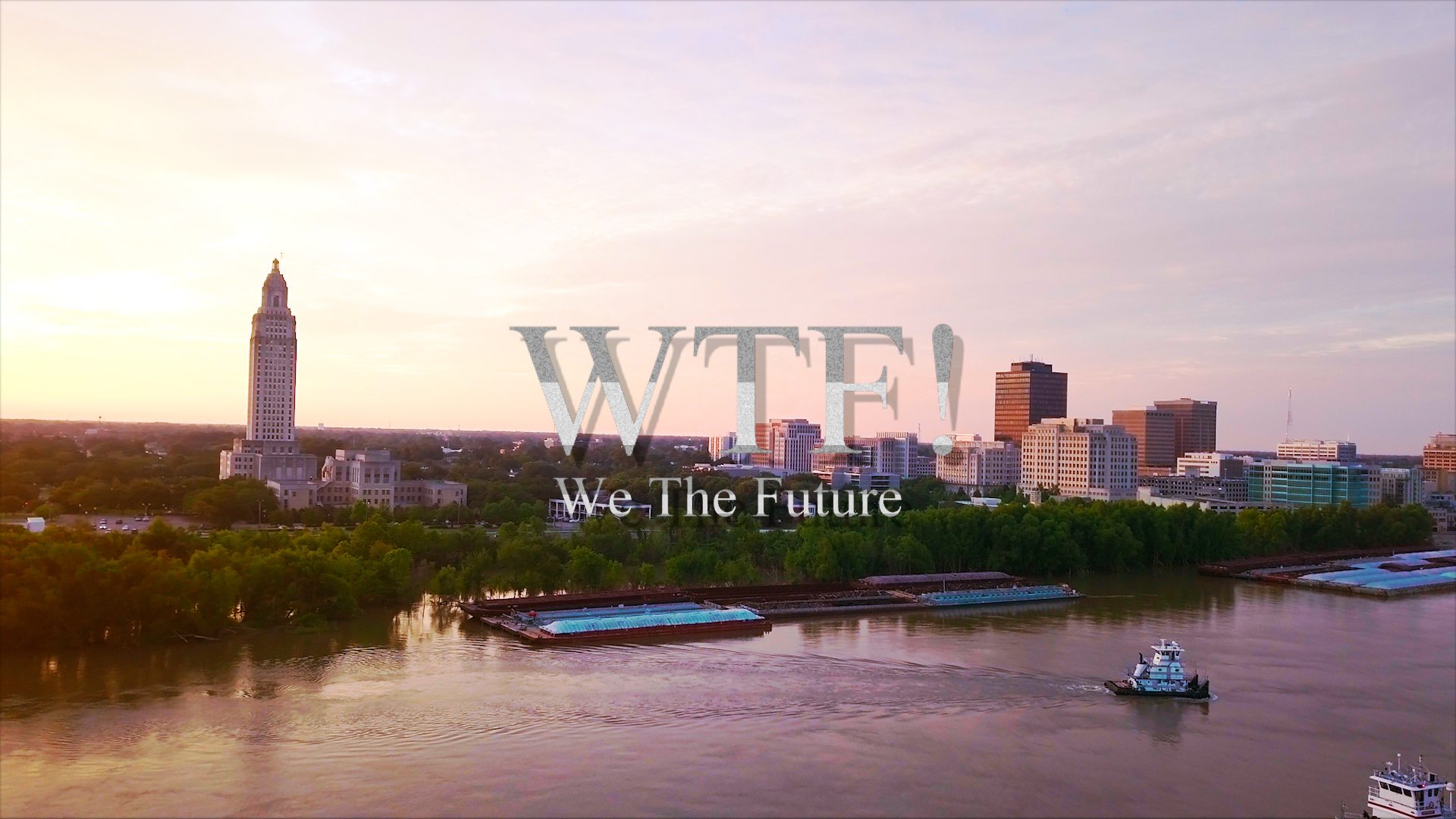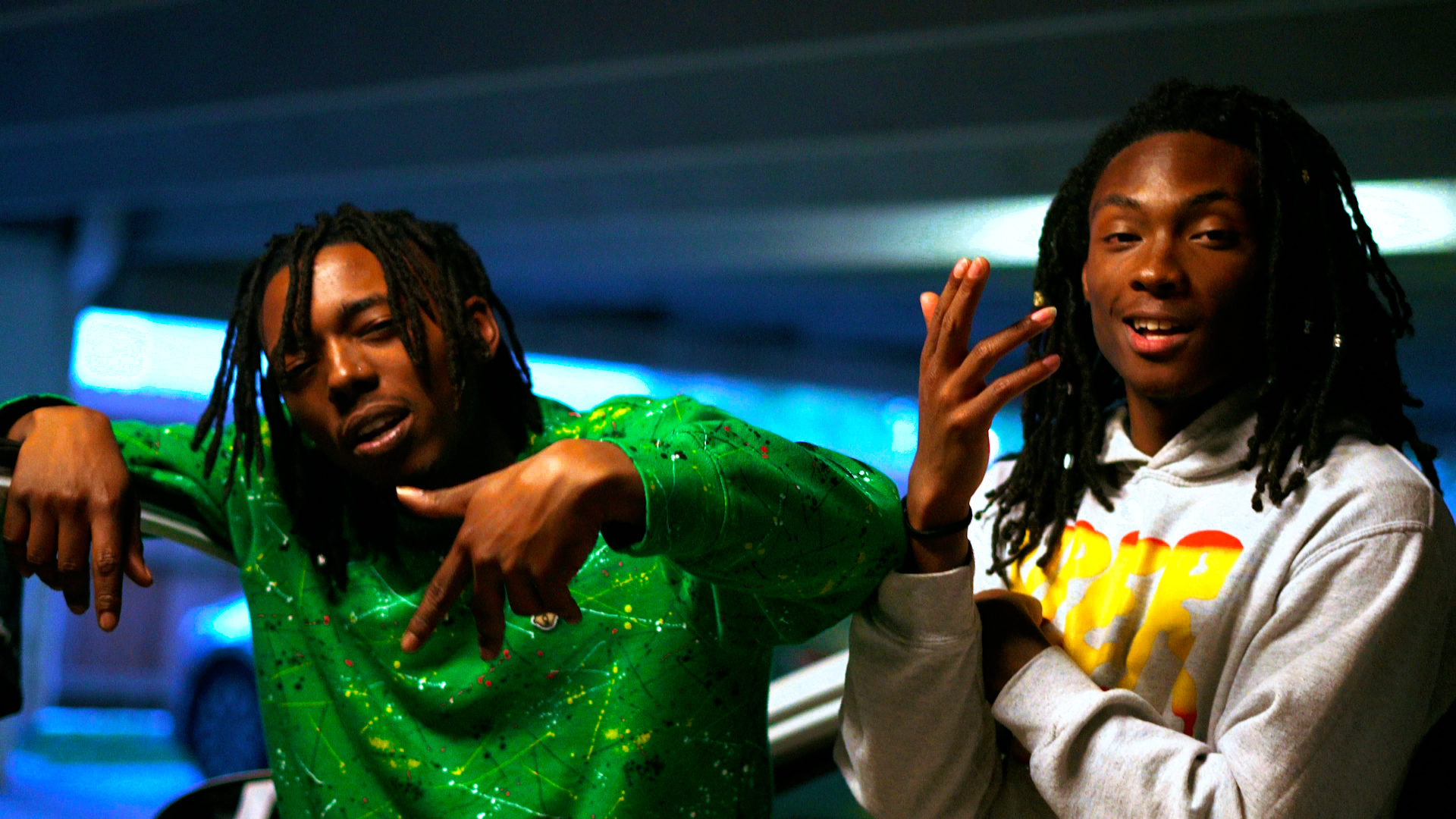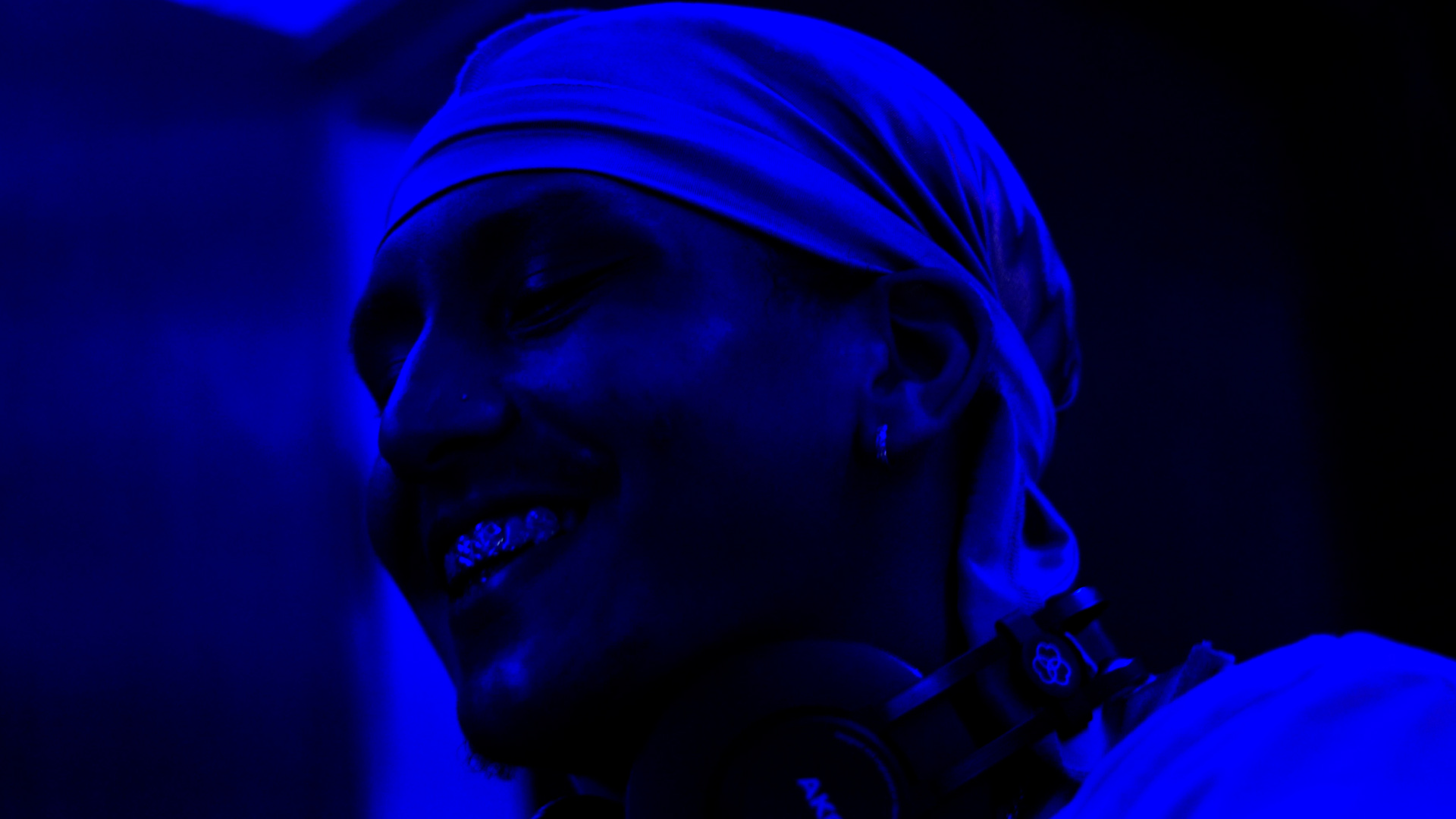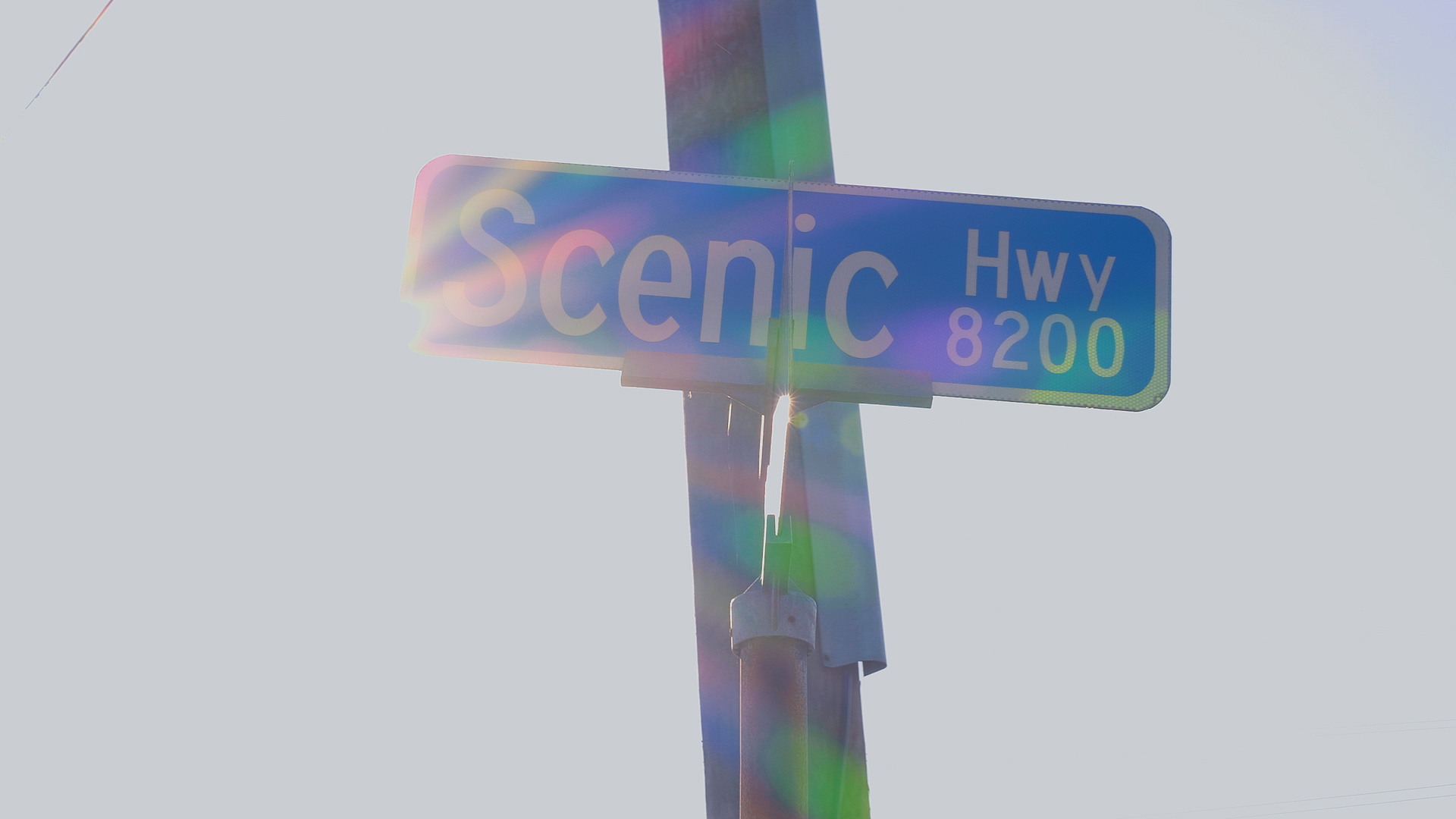For some time now, Baton Rouge has been called a hidden gem of a city for rap or a hip-hop spot to watch. Red Stick-born commercial stars such as NBA Youngboy and Boosie BadAzz have become household names, but it’s the city’s underground rap scene that is fostering a surge of new, young talent.
In a new documentary debuting Thursday, July 22, filmmakers and Baton Rouge natives Maison Kwame and K.C. Simms set out to show that surge and provide a glimpse of what it’s like to live and rap in Louisiana’s capital city.
WTF! (We The Future) features a roster of more than 20 local rappers. A premiere screening event will be held downtown tomorrow night, and it will be available for streaming online.
|
|
|
“There isn’t just one thing that comes out of Baton Rouge,” Kwame says. “It’s not just gangsta rap. It’s a whole multitude of things that we’re bringing to the culture.”
The film comprises two main chapters. The first focuses on life in Baton Rouge—what it’s like to grow up amid the myriad challenges in the city, such as its staggering violent crime rate.
“You hear so many negative connotations about the city,” Simms says. “As a kid growing up, you internalize a lot of it, and you grow up almost with this self-hatred about the place that you came from.”
In the documentary, Kwame and Simms explore how that volatile environment shaped local rappers, both personally and artistically. If you grew up in Baton Rouge, it’s going to show in your art, Baton Rouge rapper Jireh Toussaint says in the film.
“What makes us unique is the circumstances (we) had to come up through,” Toussaint says.
Joining Toussaint to give their perspectives on Baton Rouge hip-hop are Brandom the Goat, Jazz Bandito, Caleb Brown, Jose Xavier, members of the Col-Der-Sac collective and many more.
The latter half of the documentary shifts the focus to the music. While he wanted to explore the unique character of Baton Rouge, Kwame says he didn’t want to limit the film exclusively to this city; he wanted to create something that anyone from anywhere could appreciate.
Focusing on the rappers’ careers, the second chapter explores what it’s like to be a young, underground rapper in a city where that scene has not always been given the national spotlight. And while these artists have all had different experiences and opportunities in the industry, Kwame and Simms both say the consensus among them is that Baton Rouge’s underground rap scene is on the verge of a kind of “golden era.”
|
|
|
In the long run, Kwame says he believes Baton Rouge has the potential to become a “cultural hotspot” on par with vaunted hip-hop capitals like Atlanta and Houston. All that’s left for that to happen, he says, is for someone to shine a light on the city and illuminate its thriving underground culture.
And with this documentary, that’s precisely what he and Simms aim to do.
A premiere screening will be held downtown Thursday, July 22, at 7:30 p.m. at North Boulevard Town Square; attendees are requested to wear semi-formal attire. It can also be watched on the 166 Productions YouTube channel.
